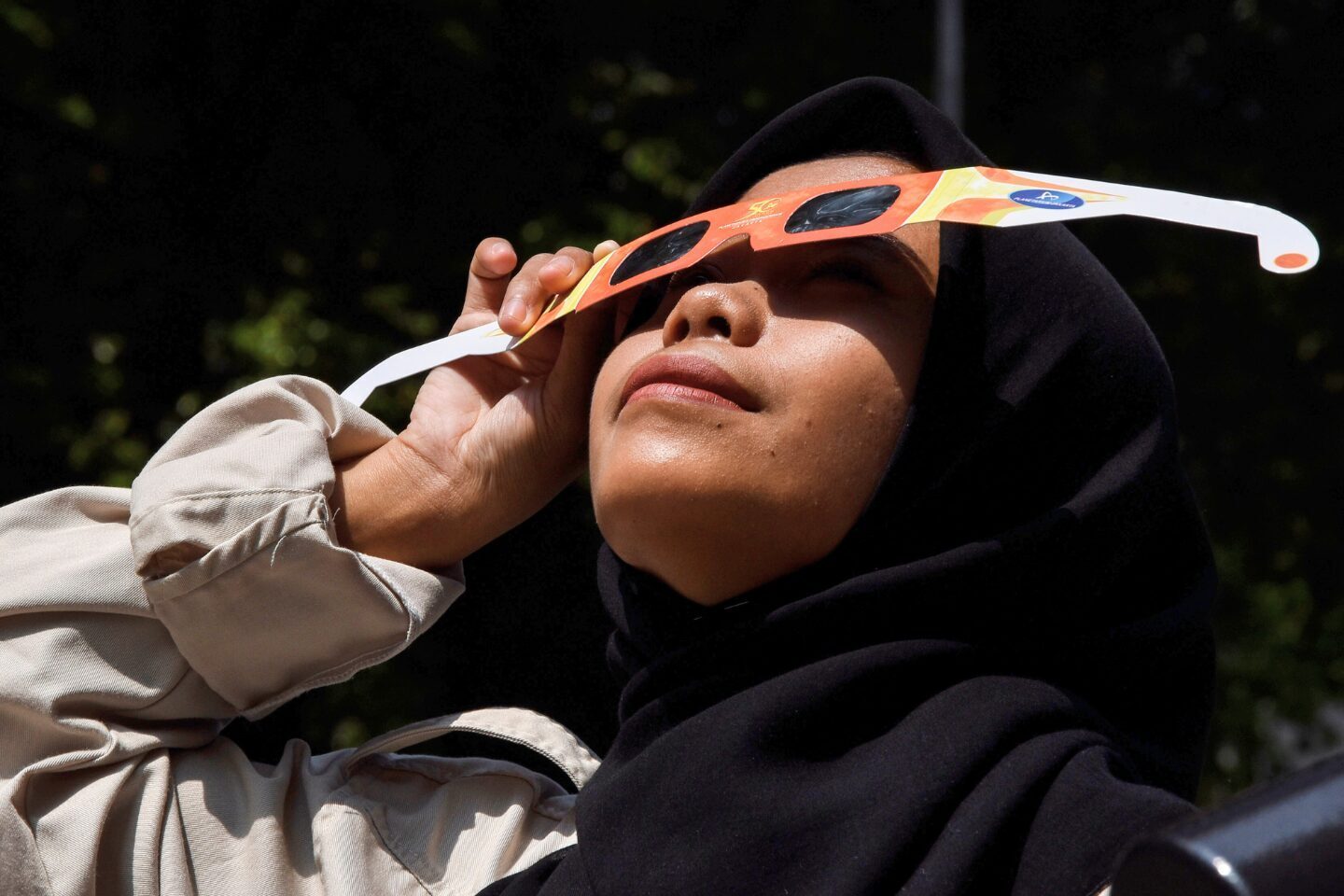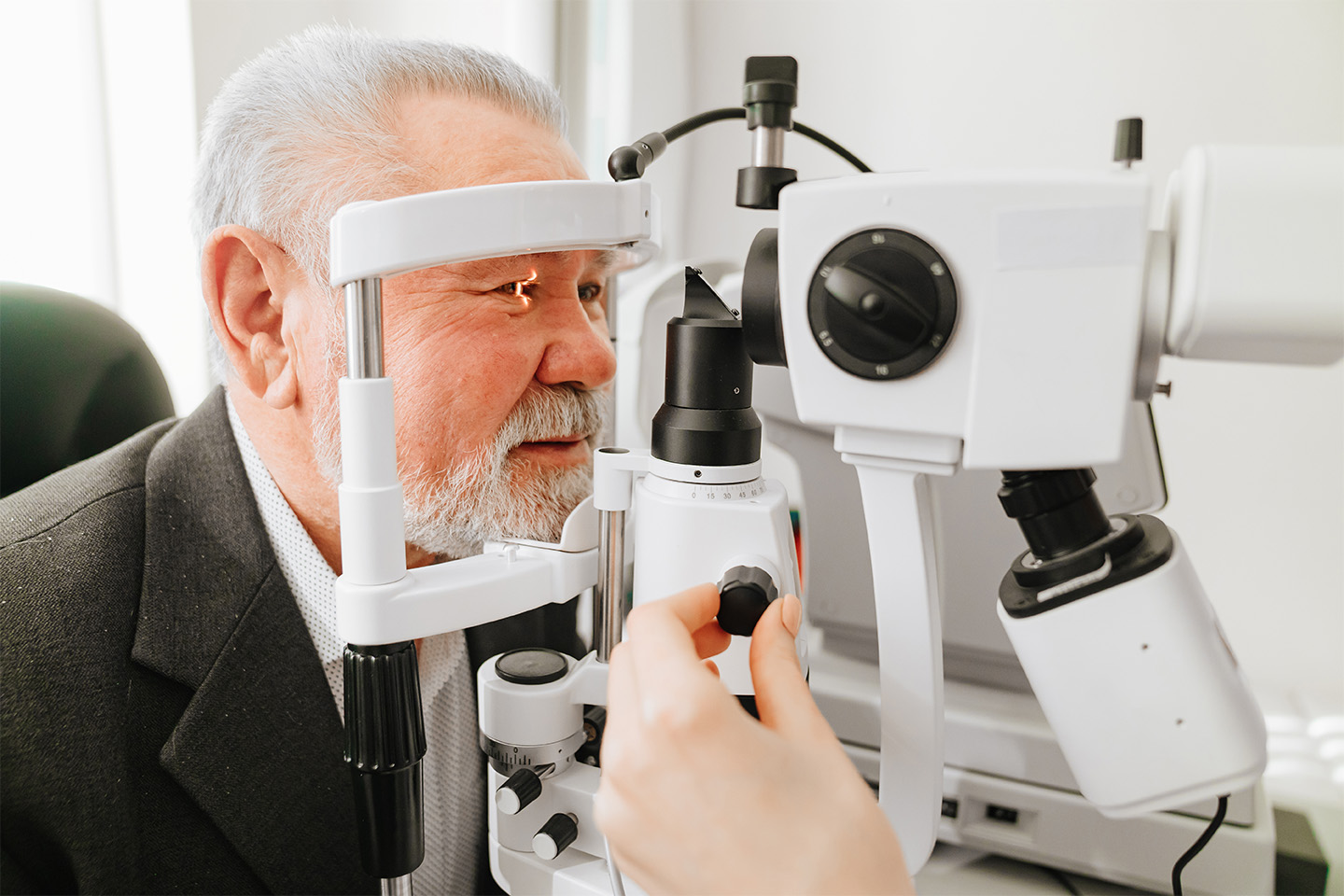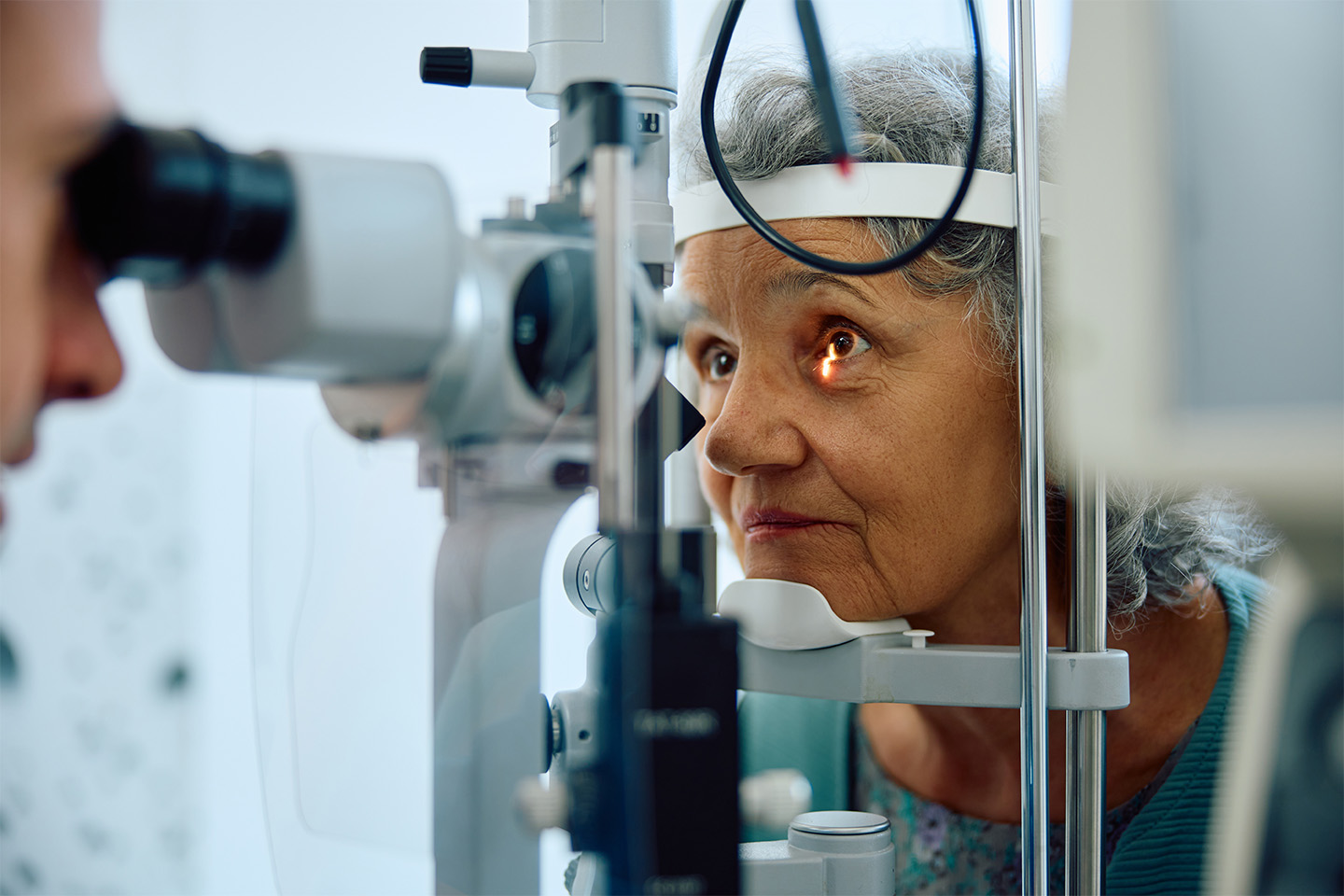A Healthy Diet May Help Prevent Cataracts

A new study has found a link between certain fruits and vegetables and a lower risk of age-related cataracts.
Eating a diet rich in fruits and vegetables is good for your overall health, but a recently-published study highlights the positive impact of consuming brightly colored foods on preventing the onset of age-related cataracts.
Researchers from China and Australia analyzed 20 studies to assess whether certain vitamins and carotenoids (the chemical found in red, yellow, and orange fruits and vegetables) reduce people’s chances of developing cataracts later in life. The study, published in the American Journal of Clinical Nutrition, asserts that consuming hefty portions of citrus fruits, carrots, tomatoes, and dark green leafy vegetables such as spinach, broccoli, and kale slows the progression of cataracts — an eye disorder marked by cloudy vision that typically strikes older adults.
Specifically, the study noted that consuming higher doses of the carotenoids lutein and zeaxanthin translated into a 26% reduction in risk for every extra 10 mg/d (milligrams consumed each day). The reason for this considerable risk reduction stems from the antioxidant power of both carotenoids and vitamins A, C, and E.
A Battle Against Free Radicals
Most of the time, antioxidants keep the free radicals swirling in our bodies in check. When free radicals take the upper hand, however, the body may experience oxidative stress. In our eyes, this stress damages the proteins and fats in the lens, leading to cataracts.
Though a number of other factors are known causes of cataracts — including smoking and exposure to ultraviolet radiation — an unhealthy diet also contributes to the development of the eye condition. For example, a 2014 study found a link between a high-carbohydrate diet and a higher risk of cataracts.
Conversely, after reviewing the diets of 30,000 women aged 49 or older, Swedish researchers concluded that women who eat a diet packed with antioxidants have a significantly lower risk of developing cataracts.
As the authors of the American Journal of Clinical Nutrition study point out, maintaining good eye health through proper diet not only promotes clear vision, but also postpones the need for cataract surgery. By 2020, cataract surgeries will cost a combined $5.7 billion, but patients’ delaying the need for these surgeries through better dietary habits could cut this figure in half.
What Is Cataract Surgery?
Cataracts develop so slowly many people don’t realize they have them until their eyesight becomes severely compromised. That’s why it’s important to undergo regular eye exams to spot cataracts at their earliest stages of development.
If you decide to have cataract surgery, your surgeon will use a laser to remove your clouded lens and replace it with an intraocular lens (IOL). There are a variety of IOLs available, and your eyecare specialist will help you choose the one that will correct your eyesight and allow you to participate fully in your normal daily activities. Cataract surgery is a safe and effective procedure that has been used for decades to restore patients’ eyesight.
The eyecare specialists at Kleiman Evangelista Eye Centers of Texas have performed many cataract surgeries, and they understand that the decision to undergo surgery is a difficult one. Contact them today for a consultation to discuss the procedure. They’re ready to answer any and all questions you may have.
Turn To The Top Eye Doctors In Texas
Check out one of our locations below for the best eye care near you:









